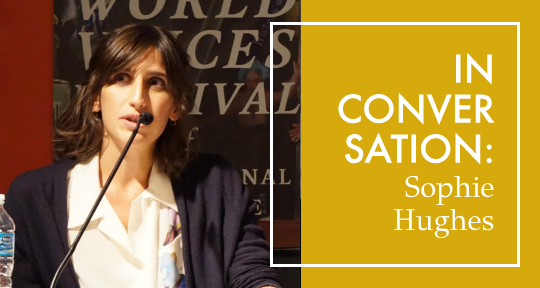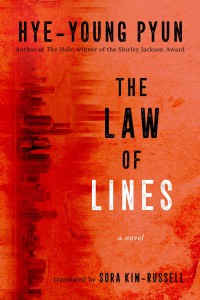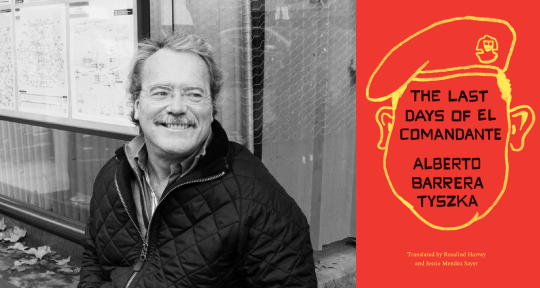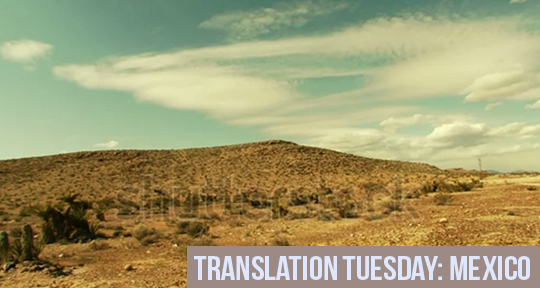Bringing you translated literature from around the world during troubling times, this week’s In This Together presents a selection of Spanish writer Jordi Doce’s journals. Translator Lawrence Schimel introduces this work and its significance below:
These entries come from Spanish poet, translator, and critic Jordi Doce’s careful attention to and recording of the minutiae of life under quarantine, his looking inward (while at the same time observing the world around him) just as Madrid began that explosive & expansive flourishing that is Springtime.
Originally published on his blog, forty entries (the literal “forty days” of the Italian “quarantena” that ships suspected of carrying disease were required to be isolated before passengers and crew were allowed to disembark) spanning eight weeks—Sunday, March 15th through Monday, May 11—are about to be published in book form under the title La vida en suspenso (Life on Hold), by Fórcola, in June 2020.
Jordi has been a steady if intermittent diarist since the Spring of 1997, as he notes in La puerta del año. Enero-febrero 2004 (The Year’s Gate: January-February 2004), the first of his diaries to be published in book form. He continues to write his diaries, first and foremost “out of a need to order my thoughts, to soothe them, but also with a will of lightness, almost weightlessness, as if wanting to remove the thorns of reality.” Sometimes (as in the case of these entries) he also shares them online or in book format, when the observations can stand on their own or make a sort of thematic sense or unity.
I began translating these entries into English while Jordi was still writing them—a curious twist which perhaps helped him at a dark moment. As he noted, “the tone has grown darker and even bitter with the days. I guess it was inevitable, but I resist. I don’t want to turn these notes into an account of aggravations and laments.”
He wrote: “If these notes brought a bit of serenity to friends, a bit of patience and good humor, I’d be satisfied.” Hopefully, his satisfaction is even greater as these notes and observations are now available to an even broader audience, in English translation.
Confinement Notebook
by Jordi Doce
Confinement Notebook 8
Tuesday, March 24, 2020
The midday sun (a clean sun, like one between storms) warms the large cauldron of the patio. One can see clothes hung out to dry at the rears of buildings and people (few) working on their balconies. Others simply emerge to get some air or smoke a cigarette. The light falls directly on the window and dazzles me. I’ve had to lower the blind. In the street it’s cool, but here I note how the studio heats up in just a few minutes. I feel the urge to greet the sun, like in Frank O’Hara’s poem, but I don’t yet have the necessary level of intimacy. I prefer to celebrate it with words. READ MORE…









